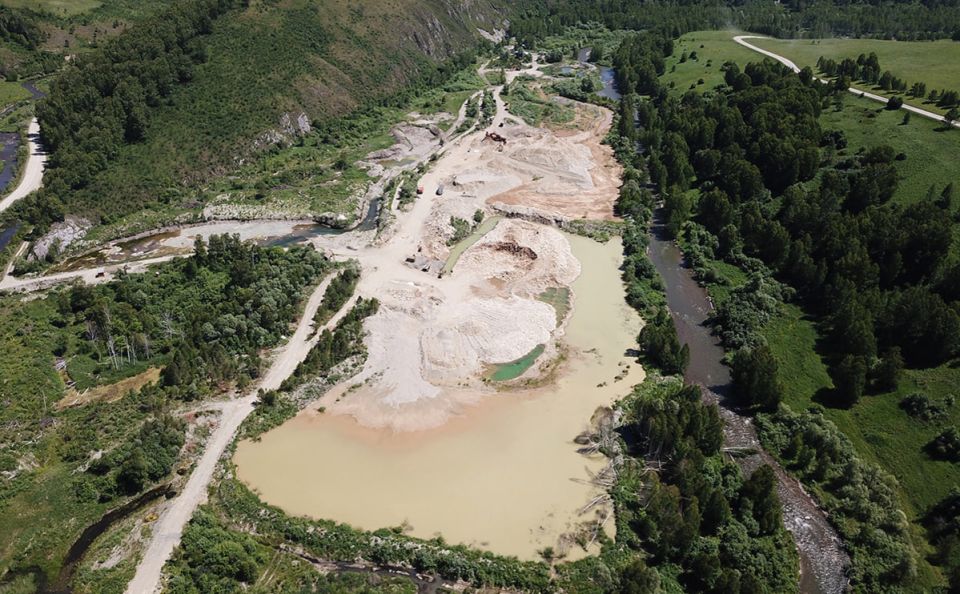The European Parliament Discussed the Issues of Indigenous Peoples

On February 4, 2025, the European Parliament in Brussels hosted a discussion titled “Land Exploitation, Oppression of Peoples: Discrimination and Persecution of Indigenous Peoples of Siberia, the North, and the Far East.” This event was organized by the Anti-Discrimination Center “Memorial” (Brussels) in collaboration…
“We are nobody here…” A report from Yugra, where oil workers are displacing the Khanty from their ancestral lands
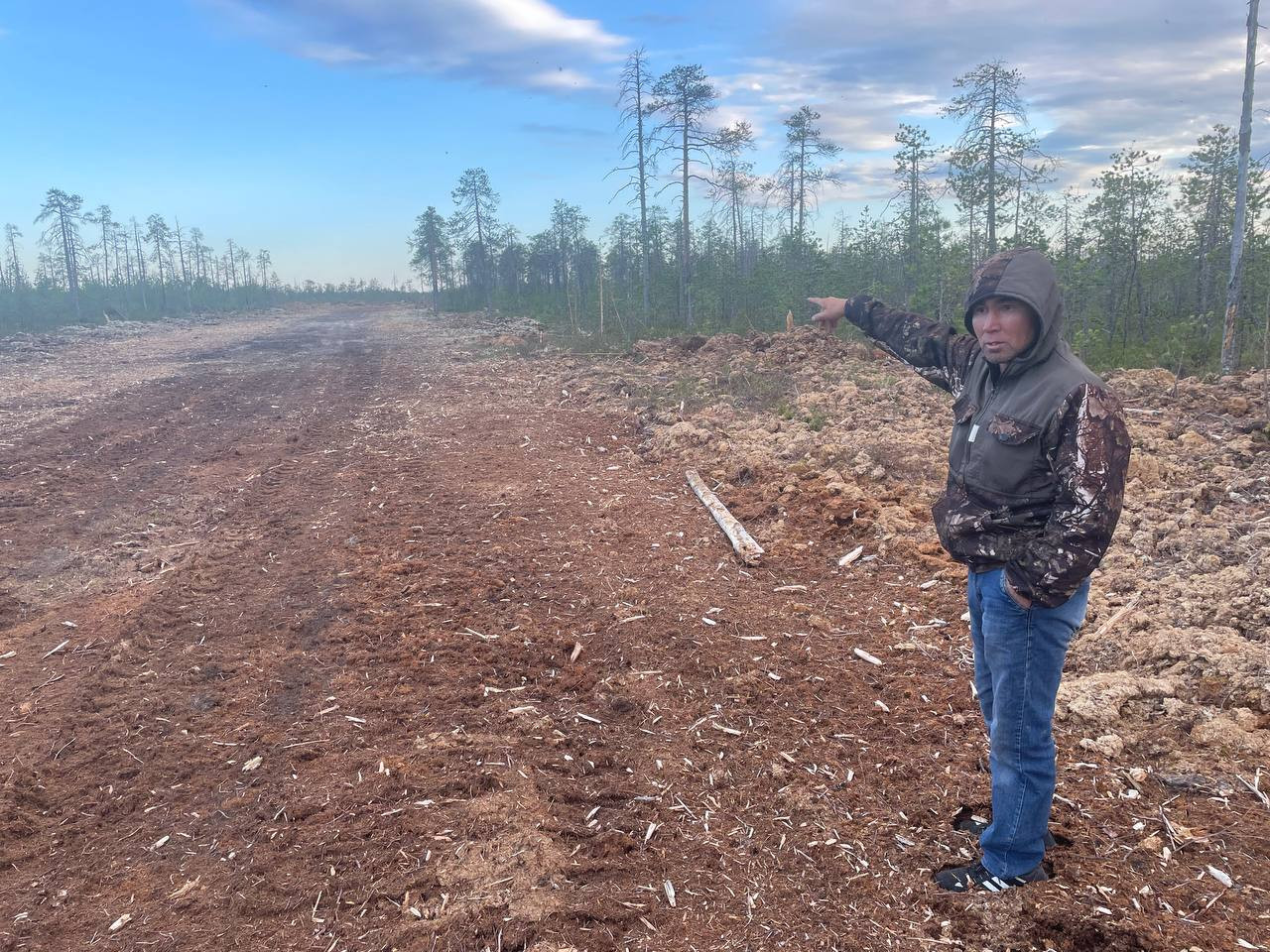
In the summer of 2024, human rights advocates from the “Public Radar” project appealed to Russian authorities with a proposal to amend legislation allowing industrial companies to exploit lands traditionally used by Indigenous peoples. This initiative stemmed from complaints by residents of the Khanty-Mansi…
Just Transition Indigenous Summit will be held on October 8-10 in Geneva
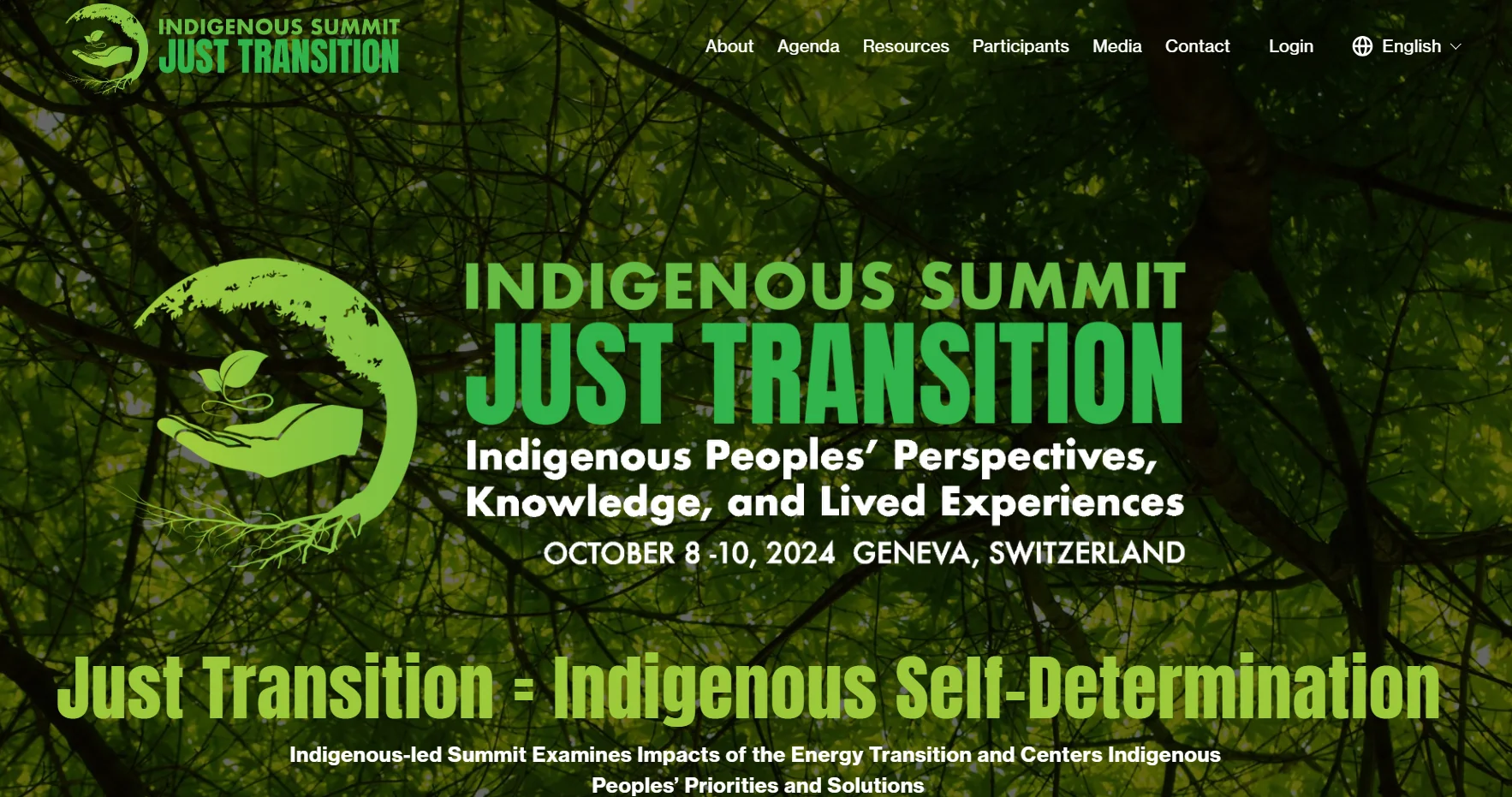
The Just Transition Indigenous Summit aims to address the impacts of the energy transition on Indigenous communities and prioritize their perspectives and solutions. Scheduled for October 8-10, 2024, in Geneva, this summit will convene over 100 representatives from Indigenous groups across the globe. As…
How Russia Implements the Free, Prior and Informed Consent Principle

On November 12, in the village of Lovozero in the Murmansk region, a public discussion was held on a project for the reorganization of the Seidyavvr nature reserve. The Seidyavvr Nature Reserve The Seydyavr State Nature Reserve — with a total area of 17,972 hectares —…
Protector not prisoner: Exploring the rights violations & criminalization of Indigenous Peoples in climate actions
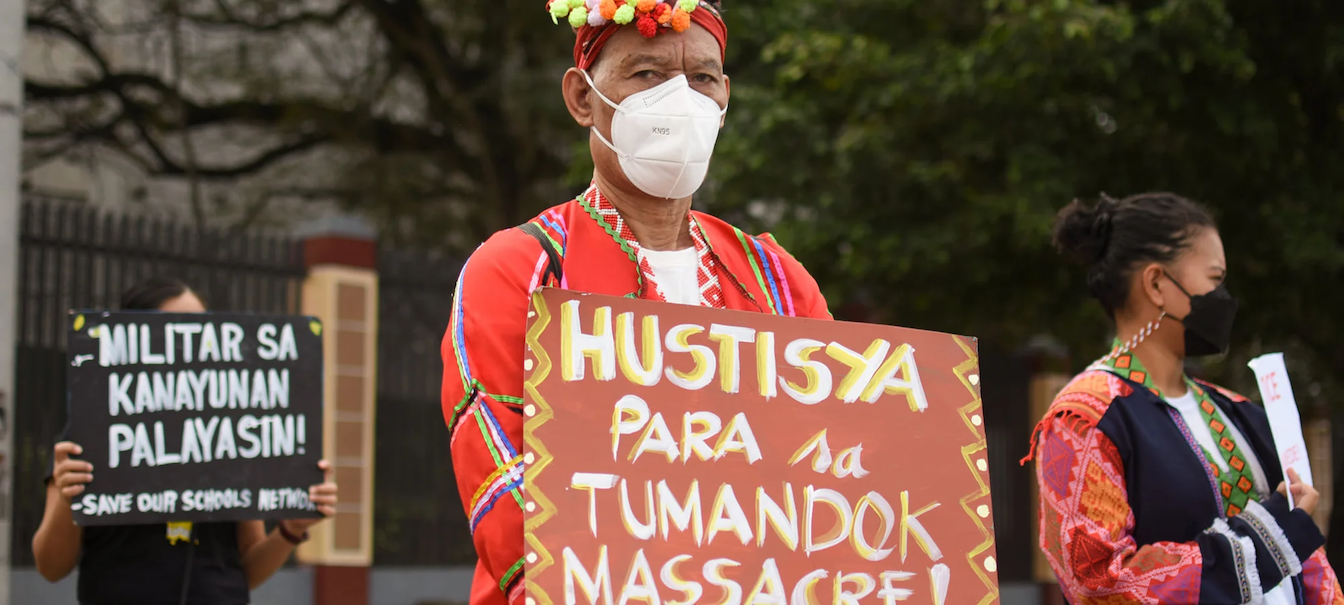
“Indigenous peoples are vital actors in climate solutions. Responses to the climate crisis should be based on partnership with Indigenous peoples as stewards of nature and protectors of our biodiversity. We must stop the criminalization of Indigenous peoples and respect their collective and individual…
Yana Tannagasheva’s statement at EMRIP 15th session. Agenda #3 “Study on Treaties, agreements and other constructive arrangements, between indigenous peoples and States”
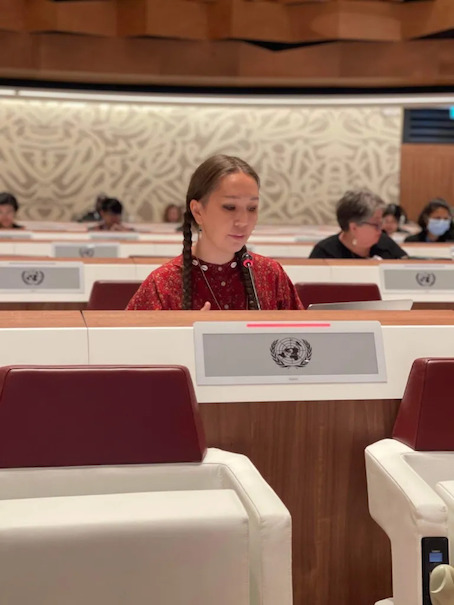
ITEM 3: Study on Treaties, agreements and other constructive arrangements, between indigenous peoples and States, including peace accords and reconciliation initiatives, and their constitutional recognition EMRIP 4-8 July 2022 Oral statement of Ms. Yana Tannagasheva on behalf of Society for Threatened Peoples / International Committee of…
B.C. Fails to Meet Indigenous Consent Standard for Mining — 8 Recent Cases
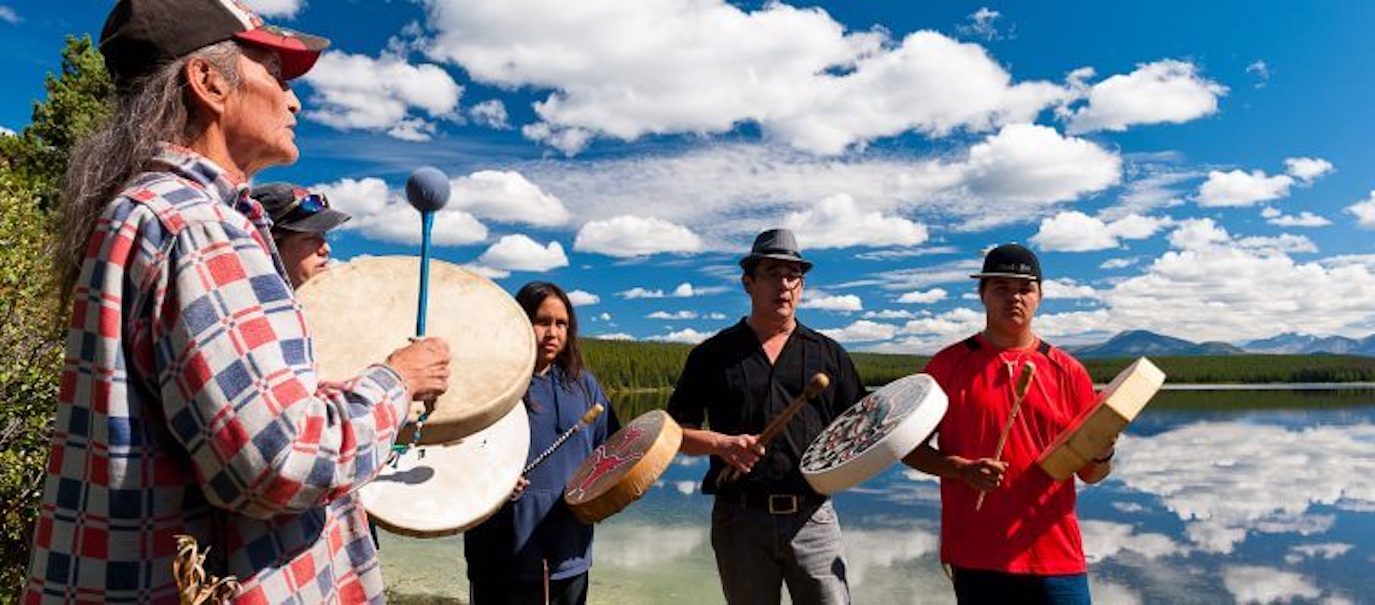
Vancouver/Ottawa – December 6th, 2021. In a new backgrounder report, MiningWatch Canada and the BC Mining Law Reform network conclude that British Columbia fails to meet the Indigenous consent standard for mining, even two years after the passing of the province’s Declaration on the Rights of…
Maya Peoples of Belize Win Lawsuit against Belize Government for Violating Land Rights

On June 16, 2021, the Supreme Court of Belize ruled in favor of Maya land rights, upholding the community of Jalacte’s right to Free, Prior and Informed Consent (FPIC) on their customary lands. The court issued a decision in the case, Jalacte Village vs. the…
Manganese matters
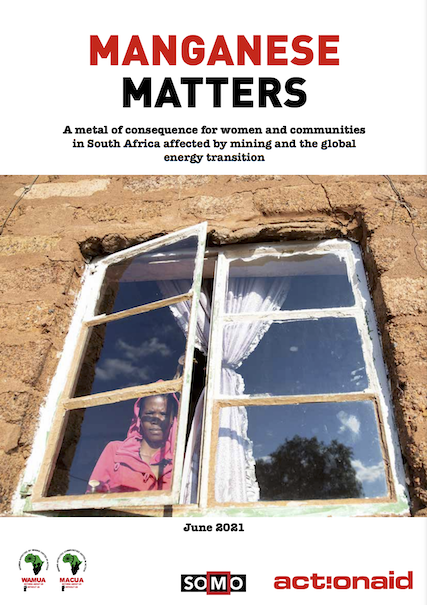
A metal of consequence for women and communities in South Africa affected by mining and the global energy transition Manganese has been identified as one of the key minerals for the realisation of the energy transition needed to address the climate crisis. It is,…
